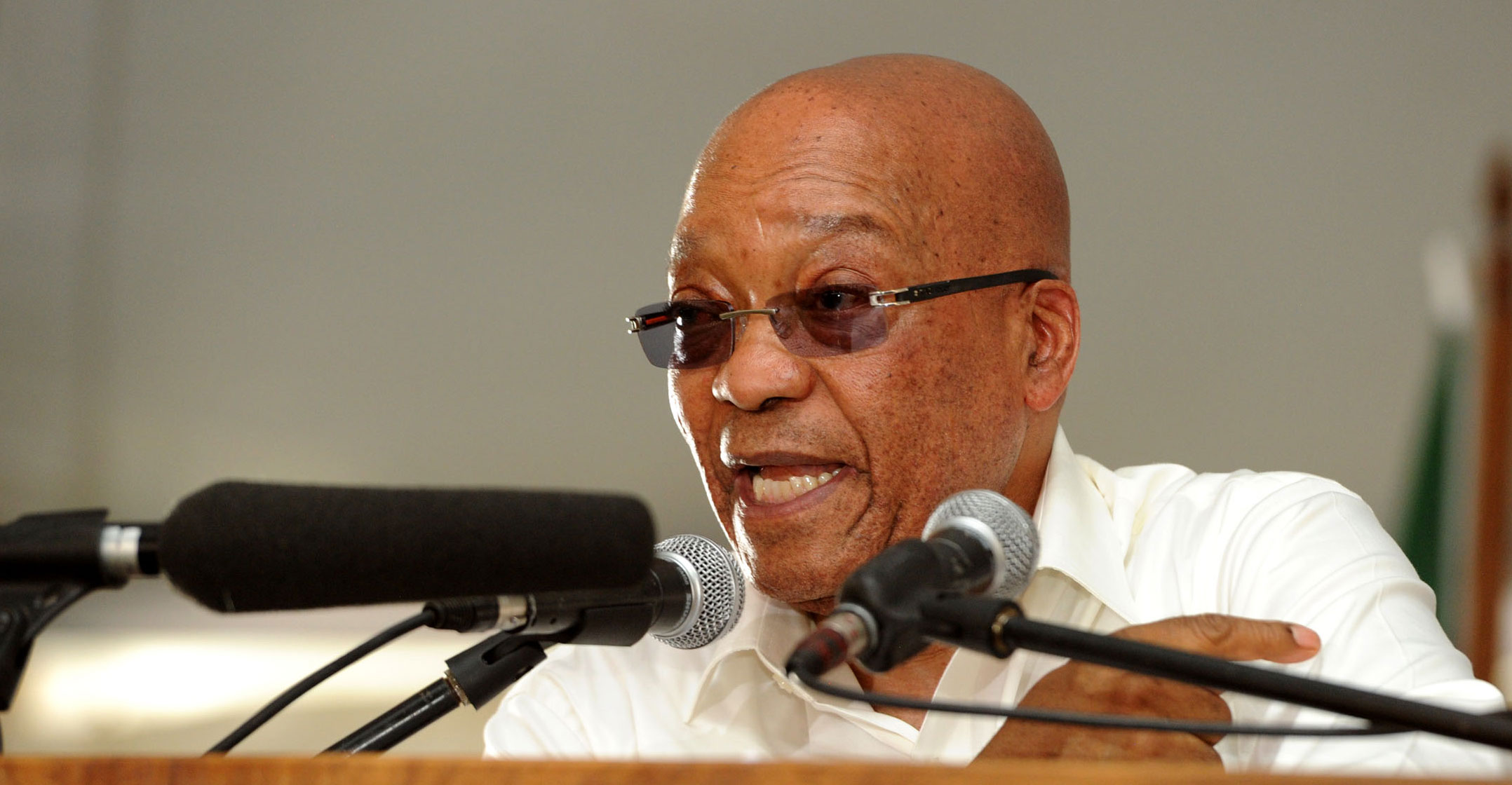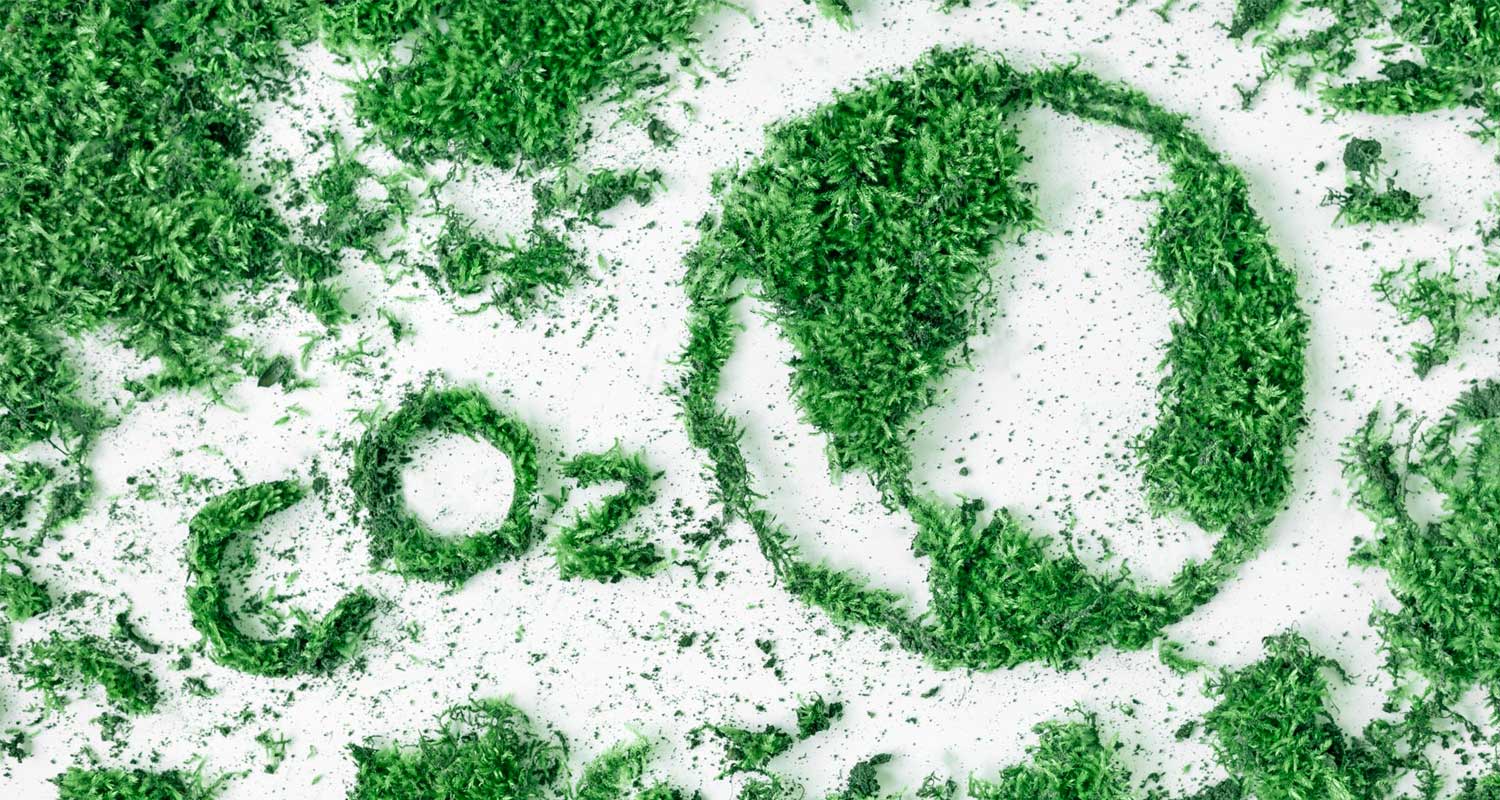
One of the most controversial corners of the carbon offset market just got dragged into some of the world’s most fraught geopolitical issues.
As Africa seeks to become an international hub for the trade of carbon offsets, its choice of partners may lead some investors to think again. That’s as a planned carbon credits exchange in Zimbabwe works with Belarus and Russia on a programme to sell offsets from former Soviet states. The frontman for the project is South Africa’s former president, Jacob Zuma, who’s currently on trial for corruption related to the arms deal.
Zuma used a 7 July speech at the conference to unveil a plan by the Belarus African Foreign Trade Association (Bafta) to list two million carbon credits on the new exchange to jumpstart business. Officials from Belarus’s National Agency of Investment and Privatisation have since made clear that those credits come from a Siberian forestry programme.
Both Russia and Belarus have close ties to Zimbabwe and all three are under some form of sanctions from the US, UK and EU. Zuma had close ties to Russia during his nine-year rule. Vukile Mathabela, a spokesman for Zuma, didn’t answer a call to his mobile phone or reply to a text message.
The unveiling of Bafta’s plan was billed as the highlight of the conference in the resort town of Victoria Falls. The meeting’s purpose was to launch the Africa Voluntary Carbon Credits Market (AVCCM) and to try and build consensus between nations on the continent on how to regulate the offsets industry, which BloombergNEF has forecast to grow to as much as US$1-trillion within 15 years.
The Victoria Falls Securities Exchange, which will oversee the AVCCM, hasn’t got an agreement with its subsidiary over the listing of these credits and is primarily interested in Africa-generated credits, said Justin Bgoni, its CEO. They will hold talks on Tuesday, he said.
Former Soviet states
The conference was attended by delegates from nations including the US, UK, Germany, Estonia and the Czech Republic, according to its organisers. A representative from Verra, which runs the world’s leading voluntary carbon markets programme, was at the conference and an official from Germany’s Volkswagen delivered a presentation.
“Belarus supports all initiatives that foster trade between Belarus and African nations,” Vitaliy Zholnerovich, deputy head of the investor servicing department at the Belarusian agency, said by e-mail. “Listing these emission reduction units in Zimbabwe is a Bafta initiative in normal commercial business terms,” he said.
Bafta represents countries in the former Soviet Union including Russia, according to Zholnerovich.
The units were generated between 2008 and 2012 in an old United Nations carbon market set up under the Kyoto Protocol, which entered into force in 2005. Each unit represents a ton of carbon dioxide or its equivalent removed or prevented from entering the atmosphere. They can be bought by emitters of climate-warming gases to offset the impact of their activities.
The units are still owned by a Russian company that has hired a Belarusian broker, an official for the Belarusian government agency said by text message. Zimbabwe will levy a tax of 10% on the credits and may channel more than 100 million units through the exchange, the person said.
 Russia remains the target of sweeping Western sanctions imposed after its invasion of Ukraine, while Belarus is also subject to sanctions due to its support of Russia. It’s not clear whether credits originating in Russia would be affected by those sanctions. The official at the Belarusian agency said they would not.
Russia remains the target of sweeping Western sanctions imposed after its invasion of Ukraine, while Belarus is also subject to sanctions due to its support of Russia. It’s not clear whether credits originating in Russia would be affected by those sanctions. The official at the Belarusian agency said they would not.
Zuma presided over a United Nations Framework Convention on Climate Change meeting in 2011. But he’s since been criticised by climate activists for his role in South Africa’s green transition. Back in 2016, Zuma brought a successful renewable energy programme to a halt and instead pursued the construction of a nuclear power plant by Russian companies. That project was ultimately blocked by a lawsuit brought by environmental activists.
His daughter, Duduzile Sambudla-Zuma, who accompanied him to the conference, was this year placed at the centre of a Russia-backed Twitter campaign to bolster support for its invasion of Ukraine, according to research commissioned and funded by the Centre for Information Resilience.
The former president, who has served time in jail for refusing to testify before a judicial commission on state corruption and has denied wrongdoing, used his speech in Victoria Falls to raise concerns over global warming. He also criticised the sanctions imposed on some of Zimbabwe’s leaders.
We always knew that a lot of things went wrong, but we were surprised by some issues and how shocking they were
Analysis by researchers at the Stockholm Environment Institute found that about 75% of offsets generated under the Kyoto Protocol’s Joint Implementation system are likely to have been useless. The system may have enabled about 600 million tons in extra carbon dioxide equivalent emissions. The bulk of these came from Russia and Ukraine.
The UN JI system is “maybe the worst mechanism that ever existed in terms of integrity”, said Lambert Schneider, an author of the study now at the Öko-Institut, an environmental research nonprofit in Germany and executive board member of the Clean Development Mechanism, a sister scheme to the JI.
Many of the projects did nothing to remove or avoid additional greenhouse gases from entering the atmosphere, data was manipulated, calculation errors were made and there was little oversight from auditors, he said. “We always knew that a lot of things went wrong, but we were surprised by some issues and how shocking they were.”
The credits are worth $27 each, though sellers would be willing to accept a quarter of that in Zimbabwe, the official at the Belarusian government agency said. — Ray Ndlovu, Antony Sguazzin and Natasha White, (c) 2023 Bloomberg LP

